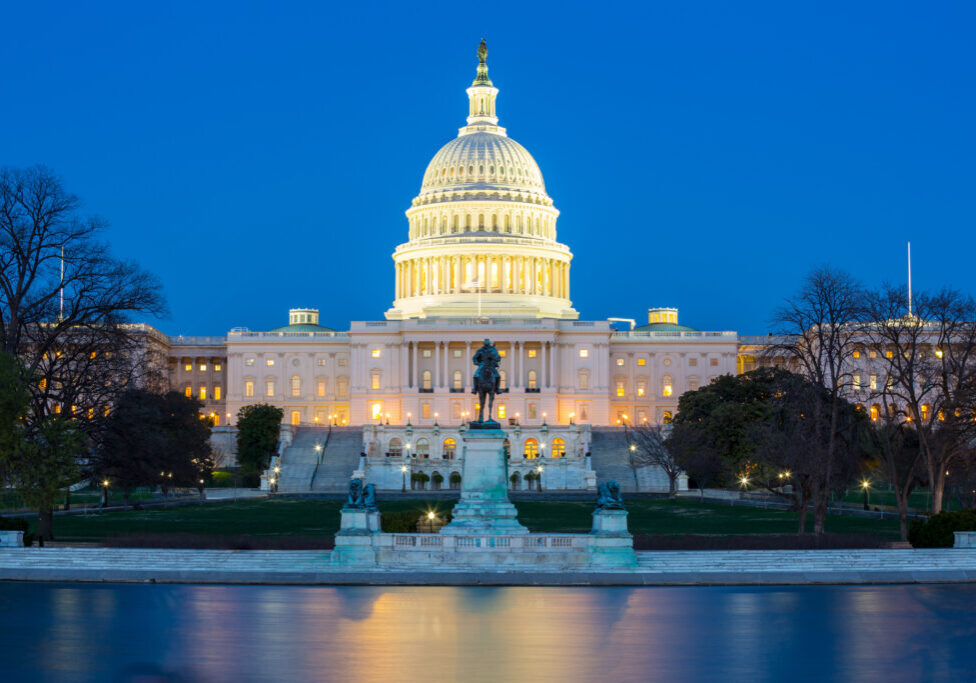The sprawling budget and tax bill that cleared the U.S. House by a single vote early Thursday morning would strip health coverage and food assistance from millions of Americans while driving the country deeper into debt through tax cuts that disproportionately favor wealthy people and profitable corporations. The Center on Budget and Policy Priorities’ Sharon Parrott:
Congressional Budget Office data and other analyses make the House Republican agenda’s harmful impacts crystal clear: about 15 million people losing health coverage; millions losing food assistance or having their food assistance cut, including 2 million or more children; the 10 percent of households with the lowest incomes made worse off while the richest get richer by tens or even hundreds of thousands of dollars each year; and trillions of dollars added to our debt over the decade, worsening our long-term fiscal picture and increasing the risk to our economy.
The Institute on Taxation and Economic Policy’s Steve Wamhoff and Carl Davis explain how the bill – plus new tariff policies – could cause overall taxes to increase for working-class families:
The richest 1 percent of Americans would receive a total of $121 billion in net tax cuts in 2026. The middle 20 percent of taxpayers on the income scale, a group that is 20 times the size of the richest 1 percent, would receive half that much, $59 billion in tax cuts that year. … The effects of President Trump’s tariff policies alone offset most of the tax cuts for the bottom 80 percent of Americans. For the bottom 40 percent of Americans, the tariffs impose a cost that is greater than the tax cuts they would receive under this legislation.
The lowest-income 20% of Louisianans (with incomes under $21,800 a year) would receive a small tax cut of $90. Middle-income households making $40,800 to $70,900 would receive an average cut of $1,190. Meanwhile, the wealthiest 1% of Louisiana households with average annual incomes of $744,900 and above would receive an average tax cut of nearly $96,690.
The CBPP breaks down the bill’s tax provisions, the cuts to food assistance, and Medicaid changes.
Overhaul of safety net programs
Two bills moving through the Louisiana Legislature would make sweeping changes to how our state administers key public benefits. The Times-Picayune | Baton Rouge Advocate’s Meghan Friedmann reports:
House Bill 617 by state Rep. Kim Carver, R-Mandeville, takes away DCFS’ authority over SNAP and TANF. Its companion bill, House Bill 624 by Berault, moves the administration of TANF to Louisiana Works, and it moves the administration of SNAP to the Louisiana Department of Health. Both bills passed the House and its committees without opposition. They now require Senate approval.
School vouchers rapidly eat into state budgets
States that have created universal private school voucher programs are experiencing ballooning costs, upwards of a billion dollars each year. The hefty price tag stems from the fact that much of the demand comes from families, many affluent, who have already chosen to enroll their children in private or religious schools. As Statelines’ Kevin Hardy explains, funding academic and other services for students who were never enrolled in public schools represents entirely new costs for states:
That means universal vouchers could drive up costs by creating two parallel education systems — both funded by taxpayers. … “Vouchers don’t shift costs — they add costs,” Joshua Cowen, a professor of education policy at Michigan State University who studies the issue, recently told Stateline. “Most voucher recipients were already in private schools, meaning states are paying for education they previously didn’t have to fund.”
State budgets could soon be strained, as tax revenues flatten and Congress considers a budget plan that would cut federal funding to states.
“We’re seeing a number of things that are creating a sort of perfect storm from a fiscal perspective in the states,” said [Whitney] Tucker, of the Center on Budget and Policy Priorities. Last year, Arizona leaders waded through an estimated $1.3 billion budget shortfall. Budget experts said the voucher program was responsible for hundreds of millions of that deficit. A new universal voucher program in Texas is expected to cost $1 billion over its next two-year budget cycle — a figure that could balloon to nearly $5 billion by 2030, according to a legislative fiscal note.
Last year, state lawmakers, at the urging of Gov. Jeff Landry, created a private school voucher program for Louisiana. The initial proposals for the LA GATOR program called for making “scholarships” available to all students, but the final version specified that accounts be based on available funds. There’s disagreement between Landry and legislative leaders on how much to fund the program next year. State Legislative economists are predicting a $667 million budget shortfall by 2028.
Holding students back for low reading scores
Nearly a quarter of Louisiana third graders did not reach targeted reading levels on a recent end-of-year test administered by the state. As The Times Picayune | Baton Rouge Advocate’s Patrick Wall reports, many of these students could be required to be held back:
Those students can retake the literacy test two times under the 2023 law, which took effect this school year and only applies to traditional public schools. If their scores don’t adequately improve and they don’t qualify for an exemption, such as being diagnosed with dyslexia, then they cannot move to fourth grade. State officials said Thursday that they expect the share of third graders who are held back to be much smaller than the 23% who scored at the lowest level on the reading test, called DIBELS.
Number of the Day
67% – Percentage of Americans who are very concerned about the price of food and consumer goods, housing costs. (Source: Pew Research Center)
